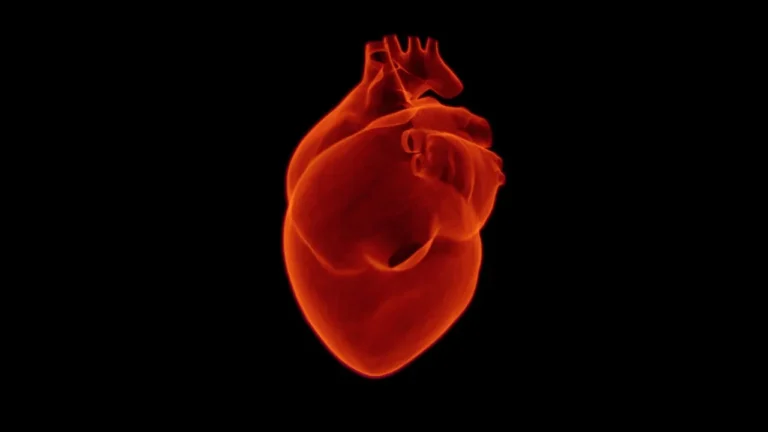
Positive results from the EMERALD-1 Phase III trial showed AstraZeneca’s IMFINZI®(durvalumab) in combination with TACE and bevacizumab demonstrated a statistically significant and clinically meaningful improvement in the primary endpoint of progression-free survival (PFS) compared to TACE alone in patients with hepatocellular carcinoma (HCC) eligible for embolization.
These results will be presented today at the 2024 American Society of Clinical Oncology Gastrointestinal Cancers Symposium (ASCO GI) in San Francisco, California (#LBA432).
Approximately 20-30% of patients with HCC, the most common type of liver cancer, are eligible for embolization, a procedure that blocks the blood supply to the tumor and can also deliver chemotherapy or radiation therapy directly to the liver.1-8 Despite being the standard of care in this setting, most patients who receive embolization experience disease progression or recurrence within eight months.9-11
In EMERALD-1, treatment with IMFINZIplus TACE and bevacizumab reduced the risk of disease progression or death by 23% compared to TACE alone (based on a hazard ratio [HR] of 0.77; 95% confidence interval [CI] 0.61-0.98; p=0.032). Median PFS was 15 months in patients treated with the IMFINZIcombination versus 8.2 months with TACE. The PFS benefit observed was generally consistent across key prespecified subgroups. The secondary endpoint of time to progression (TTP) further supports the clinical benefit of IMFINZIplus TACE and bevacizumab in this setting, with a median TTP of 22 months versus 10 months for TACE (HR 0.63; 95% CI 0.48-0.82).
The trial will continue as planned to assess the key secondary endpoint of overall survival (OS).
Bruno Sangro, MD, PhD, Director of the Liver Unit and Professor of Medicine at Clínica Universidad de Navarra, Pamplona, Spain and a lead investigator in the EMERALD-1 trial, said: “In this earlier liver cancer setting, embolization alone has been the standard of care for more than 20 years, and rates of disease progression have remained high. Adding durvalumab and bevacizumab to TACE reduced the risk of disease progression or death by twenty-three per cent for patients with liver cancer eligible for embolization, showing for the first time that combining a systemic treatment with TACE meaningfully improves this clinically relevant outcome in earlier-stage disease.”
Susan Galbraith, Executive Vice President, Oncology R&D, AstraZeneca, said: “With IMFINZI-based treatment, patients with liver cancer eligible for embolization lived nearly seven additional months before their disease progressed. We are discussing these positive EMERALD-1 data with global regulatory authorities while awaiting the final overall survival results from the trial.”
Summary of results: EMERALD-1i
| IMFINZIplus TACE and bevacizumab(n=204) | Placebo plus TACE(n=205) | ||
| Median PFS (months; 95% CI)ii, iii | 15.0 (11.1-18.9) | 8.2 (6.9-11.1) | |
| PFS HR (95% CI)ii, iv | 0.77 (0.61-0.98) | ||
| p-valuev | 0.032 | ||
| PFS rate at 12 months (%)iii | 55.5 | 39.8 | |
| PFS rate at 18 months (%)iii | 43.1 | 28.3 | |
| Median TTP (months; 95% CI)iii, v | 22.0 (16.6-24.9) | 10.0 (7.1-13.6) | |
| TTP HR (95% CI)iv, v | 0.63 (0.48-0.82) | ||
| Subjects with measurable disease | IMFINZIplus TACE and bevacizumab(n=202) | Placebo plus TACE(n=203) | |
| Objective Response Rate (ORR) (%)iii | 43.6 | 29.6 | |
| i The data cut-off date was Sept 11, 2023.ii PFS, TTP and ORR by Blinded Independent Central Review (BICR) per RECIST v1.1iii Calculated using Kaplan-Meier methodiv Calculated from stratified Cox proportional hazards methodv The threshold of significance for this analysis was 0.0435 based on the alpha spend at the PFS interim analysis (2.27%) and the actual number of events at PFS final analysis. | |||
The safety profile for IMFINZIplus TACE and bevacizumab was generally manageable and consistent with the known profile of each medicine. The number of TACE procedures was consistent across arms. No new safety signals were observed. Grade 3 and 4 adverse events due to any cause occurred in 45.5% of patients treated with IMFINZIplus TACE and bevacizumab and 23% of patients treated with TACE alone.




